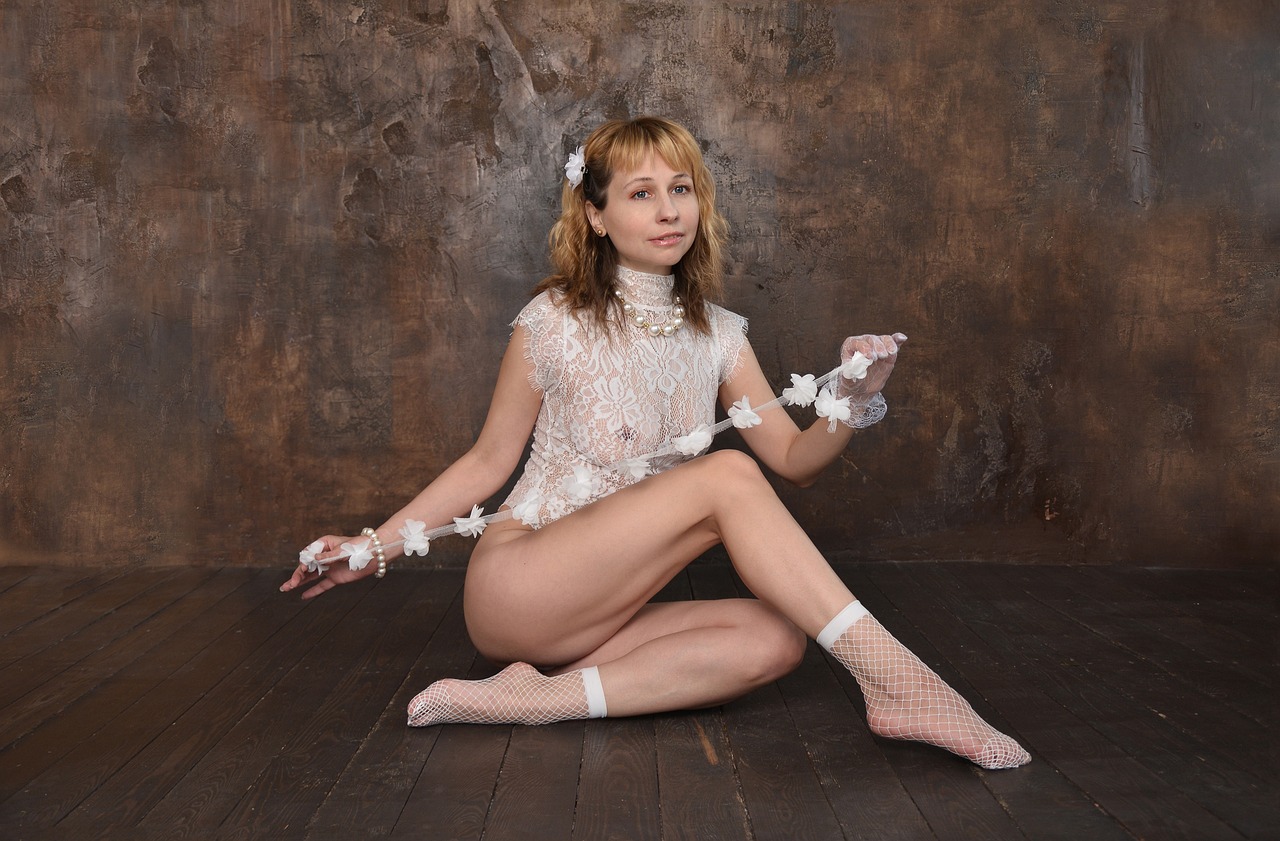The Role of Fashion in Historical Movements: Clothing as a Symbol of Change
Throughout history, fashion has played a significant role in shaping and reflecting societal movements. Clothing has the power to symbolize political ideologies, cultural shifts, and social changes. In this article, we will explore the impact of fashion on historical movements and how clothing has been used as a powerful tool for expressing ideas and promoting change.
The Evolution of Fashion in Historical Movements
From the French Revolution to the Civil Rights Movement, fashion has been at the forefront of historical movements. During the French Revolution, women abandoned the elaborate and extravagant fashions of the aristocracy in favor of simpler and more practical clothing. This shift in fashion was a reflection of the revolutionary ideologies of equality and democracy that were sweeping across France.
Similarly, during the Civil Rights Movement in the United States, African American activists used clothing as a form of protest and resistance. The Black Panther Party, for example, adopted a distinct style of dress that included black berets, leather jackets, and afros, which symbolized their defiance against racial oppression and inequality.
Fashion as a Form of Expression
Throughout history, clothing has been used as a powerful form of expression. Fashion allows individuals to communicate their identity, beliefs, and values without saying a word. In many historical movements, activists and revolutionaries have used clothing to make a statement and challenge the status quo.
For example, in the 1960s and 1970s, the hippie movement embraced a bohemian style of dress that rejected mainstream consumerism and promoted peace and love. The colorful and eclectic clothing worn by hippies embodied their rejection of societal norms and their embrace of countercultural ideals.
Similarly, in the 1980s, the punk movement used fashion as a means of resistance against the establishment. The punk aesthetic, characterized by ripped clothing, leather jackets, and bold accessories, reflected the anger and disillusionment felt by many young people at the time.
The Influence of Fashion on Social Change
Over the years, fashion has played a significant role in influencing social change. By challenging traditional norms and expectations, clothing has the power to shift perceptions and spark conversations about important issues. For example, the rise of gender-neutral fashion has challenged traditional ideas about gender and sexuality, promoting inclusivity and diversity.
In recent years, sustainability has become a major concern in the fashion industry. As consumers become more aware of the environmental impact of fast fashion, there has been a growing movement towards sustainable and ethical clothing. By supporting brands that prioritize sustainability, consumers can use their purchasing power to promote positive change within the fashion industry.
The Future of Fashion and Social Movements
As we look to the future, it is clear that fashion will continue to play a pivotal role in shaping and reflecting social movements. With the rise of social media and digital technology, clothing has become even more accessible as a means of self-expression and activism.
As we continue to grapple with pressing issues such as climate change, social justice, and inequality, fashion will be at the forefront of these conversations. By supporting brands that align with our values and beliefs, we can use fashion as a tool for promoting positive change and creating a more inclusive and sustainable world.
FAQs
What is the significance of fashion in historical movements?
Fashion has played a significant role in shaping and reflecting societal movements throughout history. Clothing has the power to symbolize political ideologies, cultural shifts, and social changes, making it a powerful tool for expressing ideas and promoting change.
How has fashion been used as a form of expression?
Clothing has been used as a powerful form of expression, allowing individuals to communicate their identity, beliefs, and values without saying a word. In many historical movements, activists and revolutionaries have used clothing to make a statement and challenge the status quo.
What is the future of fashion and social movements?
As we look to the future, it is clear that fashion will continue to play a pivotal role in shaping and reflecting social movements. With the rise of social media and digital technology, clothing has become even more accessible as a means of self-expression and activism.
By supporting brands that align with our values and beliefs, we can use fashion as a tool for promoting positive change and creating a more inclusive and sustainable world.







